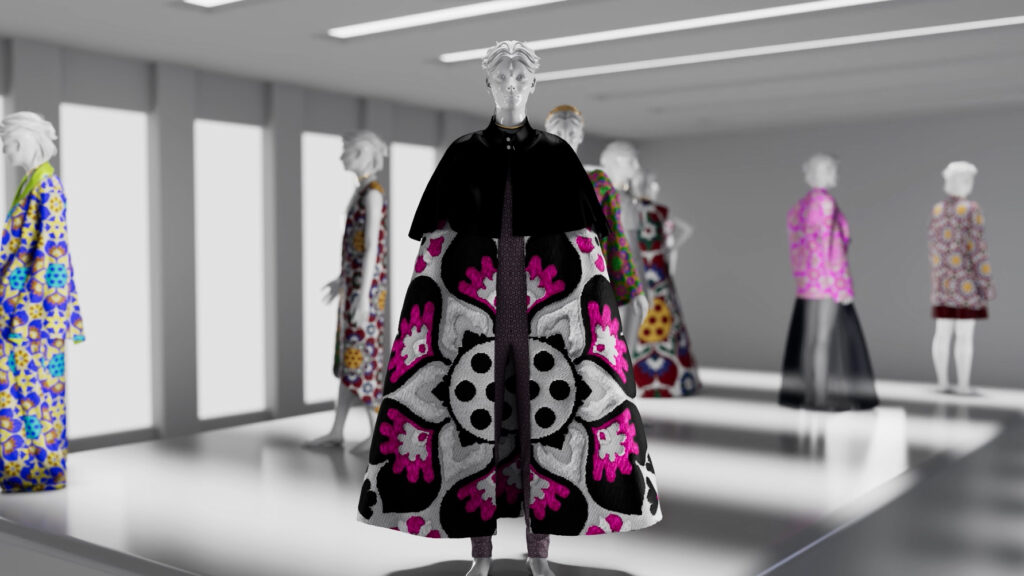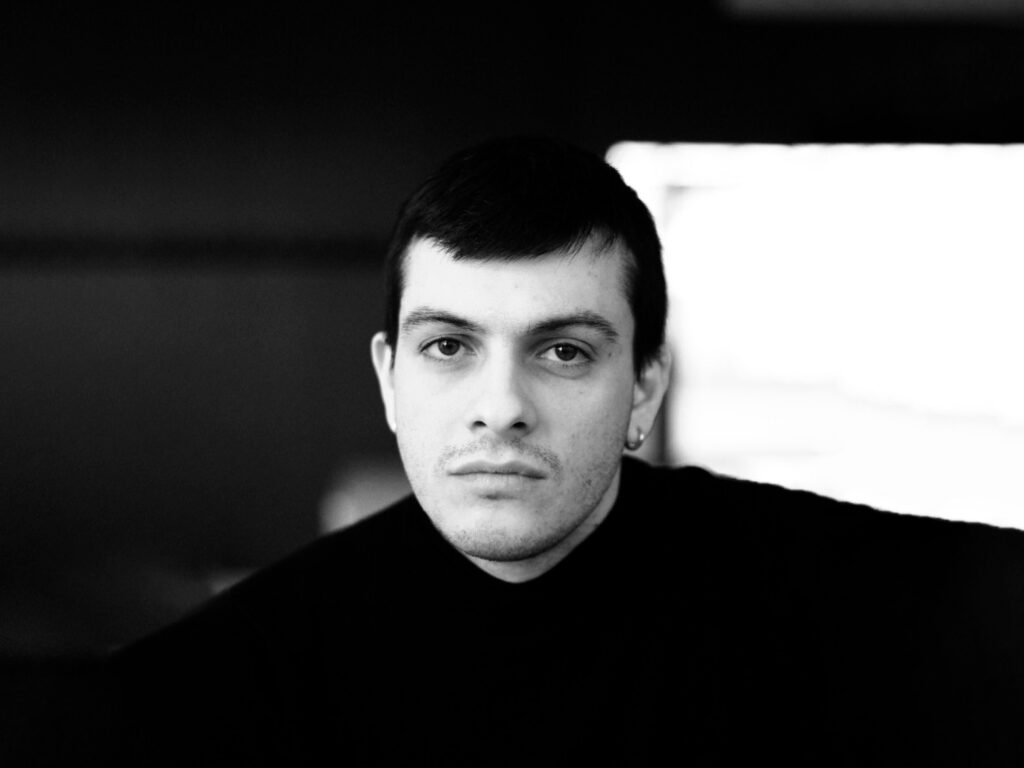key details
19 November 2024
Online on Zoom
3pm — 5pm (CET)
about
Curated by Cristiano De Nobili, this lecture provides an overview of recent advances in LLMs emergent abilities focusing in particular on multi-agents collective behaviour.
This refers to the collective (artificial) intelligence that emerges from the cooperation and interaction of several different agents. Multi-agent architectures show promising results for tasks where several ideas/feedback are needed or when the complexity of the problem requires collective intelligence. This is an exciting field where Physics, Computer Science and Sociology intertwine. Countless are the applications in Human Sciences and Human-machine interaction.
The lesson will be held in Italian.




















